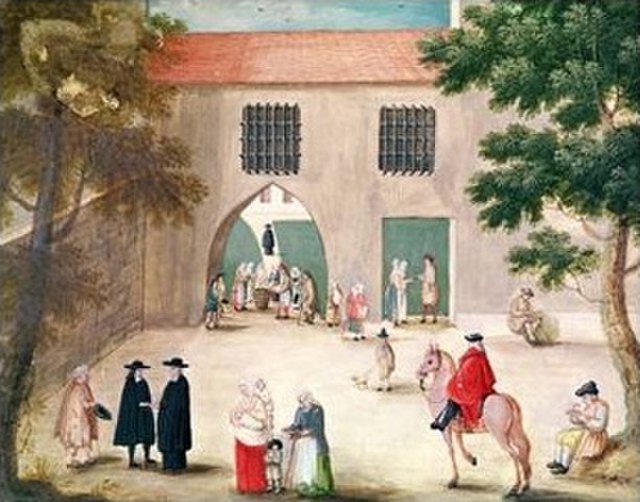Welfare reform is the process of proposing and adopting changes to a welfare system in order to improve the efficiency and administration of government assistance programs with the goal of enhancing equity and fairness for both welfare recipients and taxpayers. Reform programs have various aims: empowering individuals to help them become self-sufficient, ensuring the sustainability and solvency of various welfare programs, and/or promoting equitable distribution of resources. Welfare reform is constantly debated because of the varying opinions on a government's need to balance the imperatives of guaranteeing welfare benefits and promoting self-sufficiency.
President Franklin Delano Roosevelt signing the Social Security Act on August 14th, 1935.
Welfare, or commonly social welfare, is a type of government support intended to ensure that members of a society can meet basic human needs such as food and shelter. Social security may either be synonymous with welfare, or refer specifically to social insurance programs which provide support only to those who have previously contributed, as opposed to social assistance programs which provide support on the basis of need alone. The International Labour Organization defines social security as covering support for those in old age, support for the maintenance of children, medical treatment, parental and sick leave, unemployment and disability benefits, and support for sufferers of occupational injury.
A family support centre in Saint Peter Port, Guernsey, which provides assistance to families with children
Distributing alms to the poor, abbey of Port-Royal des Champs c. 1710
An office of the Social Insurance Institution (KELA) in Seinäjoki, Finland
President Roosevelt signs the Social Security Act, 14 August 1935.




